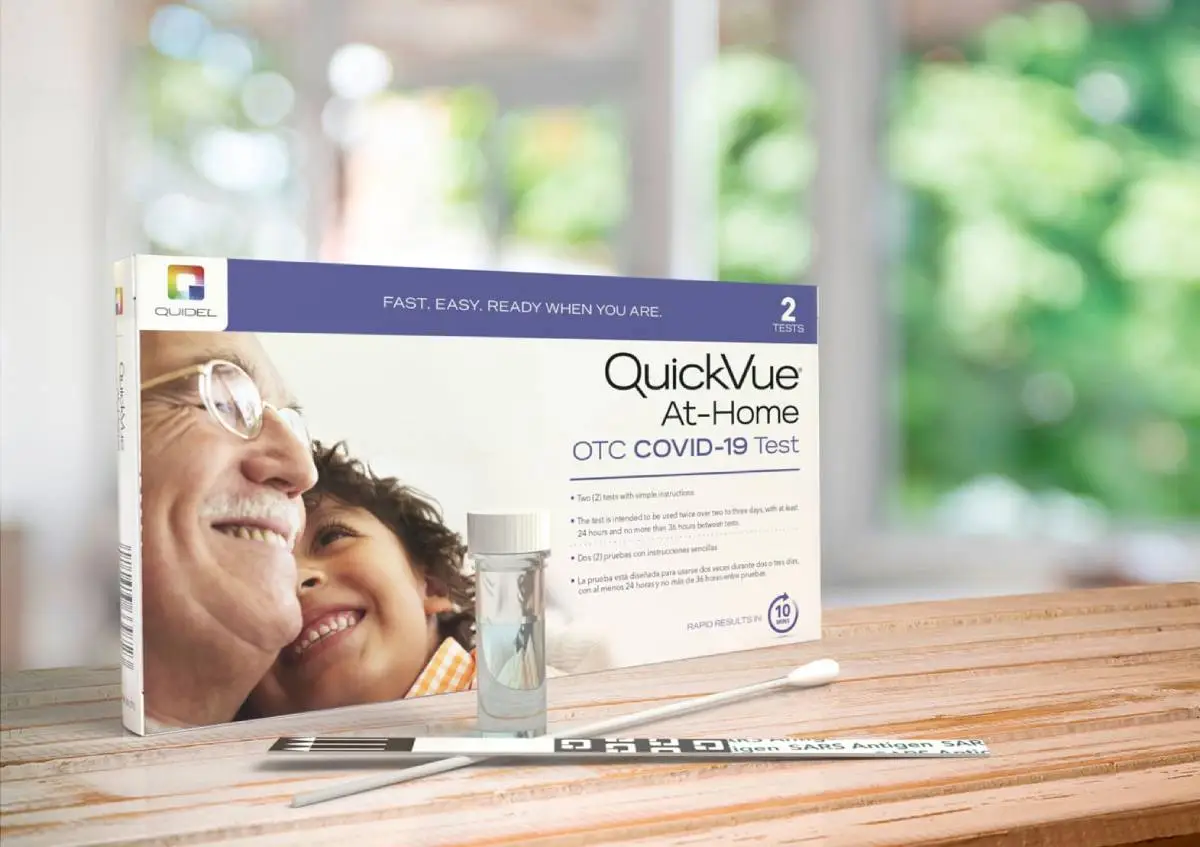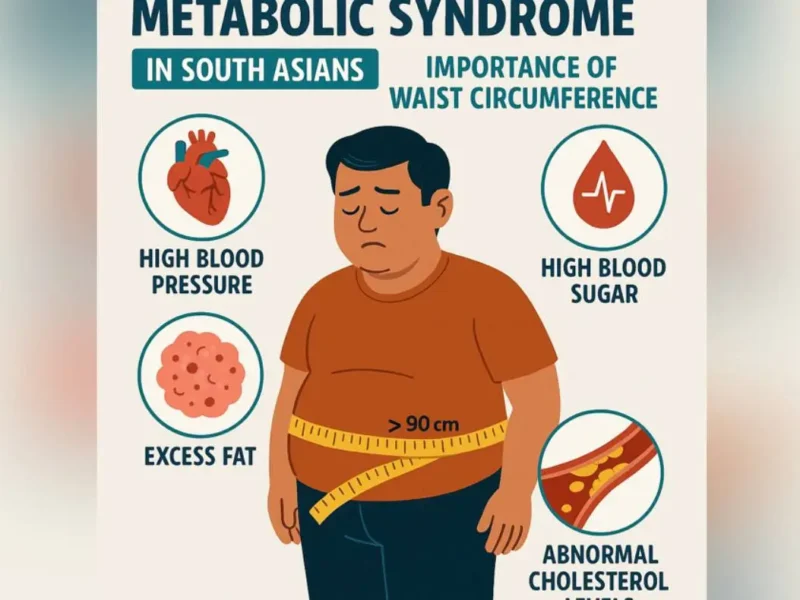
Take Charge Of Your Health With Timely Vaccines
By Dr. Anilrudh Venugopal, Director, Infectious Diseases, Optum California

The flu virus and the Covid-19 virus are responsible for widespread illness, and both can cause potentially serious complications. Data continues to show the importance of vaccinations to protect against severe outcomes, including hospitalization and death. In 2023, more than 916,300 people were hospitalized due to Covid-19, and about 75,500 people died from Covid-19. During the 2023-2024 flu season, nearly 45,000 people are estimated to have died from flu complications.
Staying protected is key to reducing your risk of infection. The best way to reduce risk from seasonal flu and Covid-19 is to stay up to date on your vaccines. Because viruses change over time, updated flu and Covid-19 vaccines are necessary to provide continued immunity.
For this influenza season, the Centers for Disease Control recommends that everyone 6 months of age and older, with rare exceptions, receive an updated 2024-2025 flu vaccine to reduce the risk of influenza and its potentially serious complications this fall and winter. While the CDC recommends flu vaccination whenever influenza viruses are circulating, September and October are the best times for most people to get vaccinated.
The virus that causes Covid-19 is always changing, and protection from Covid-19 vaccines declines over time. The CDC recommends everyone ages 6 months and older receive an updated 2024-2025 Covid-19 vaccine to protect against the potentially serious outcomes of Covid-19 this fall and winter, whether or not they have previously been vaccinated.
Receiving an updated 2024-2025 Covid-19 vaccine can restore and enhance protection against the virus variants currently responsible for most infections and hospitalizations in the United States. Covid-19 vaccination also reduces the chance of suffering the effects of Long Covid, which can develop during or following an acute infection and last for an extended duration.
It is safe to receive Covid-19 and flu vaccines at the same visit. Updated Covid-19 vaccines were recently approved or authorized by the FDA and will be available from Moderna, Novavax, and Pfizer.
In addition to vaccines, remember the basics for staying healthy: Wash your hands often with soap and water. If soap and water are not available, use an alcohol-based hand rub. Avoid close contact with people who are sick. Avoid touching your eyes, nose, and mouth. Cover your nose and mouth with a tissue when you cough or sneeze, and dispose of the tissue in a trash can. If you are sick, limit contact with others to avoid infecting them. Clean and disinfect surfaces that may be contaminated with the flu virus. Take flu antiviral drugs if prescribed. Improve air quality by purifying indoor air, gathering outdoors, or bringing in fresh outdoor air.
Flu or Covid-19?
Some similarities between flu and Covid-19 symptoms include fever/chills, cough, shortness of breath, sore throat, runny or stuffy nose, muscle pains or body aches, fatigue, headache, vomiting, and diarrhea. While some loss of taste or smell can occur with the flu, this is more common with Covid-19. Symptoms from both respiratory illnesses can vary widely in severity, from mild to debilitating. Because the symptoms can be similar for both viruses, a diagnosis cannot be made based on symptoms alone. Testing is required for proper diagnosis and treatment recommendations. Those at higher risk of severe illness from either condition may be prescribed antiviral medications.
Who is at high risk?
These individuals include those aged 65 and older, pregnant women, adults with certain chronic health conditions (such as asthma, heart disease, stroke, diabetes, and chronic kidney disease), and people with disabilities. Data shows that compared to non-Hispanic White individuals, people from racial and ethnic minority groups are more likely to be infected with SARS-CoV-2 (the virus that causes Covid-19). Once infected, they are more likely to be hospitalized, admitted to the ICU, and die from Covid-19 at younger ages.
The importance of scheduling annual wellness visits with a primary care physician is often overlooked. Visits separate from those for sickness, injury, or care for ongoing medical conditions can help you stay well and catch problems early. They are also a good time to review your immunization history to see which vaccinations may be recommended throughout the year.




